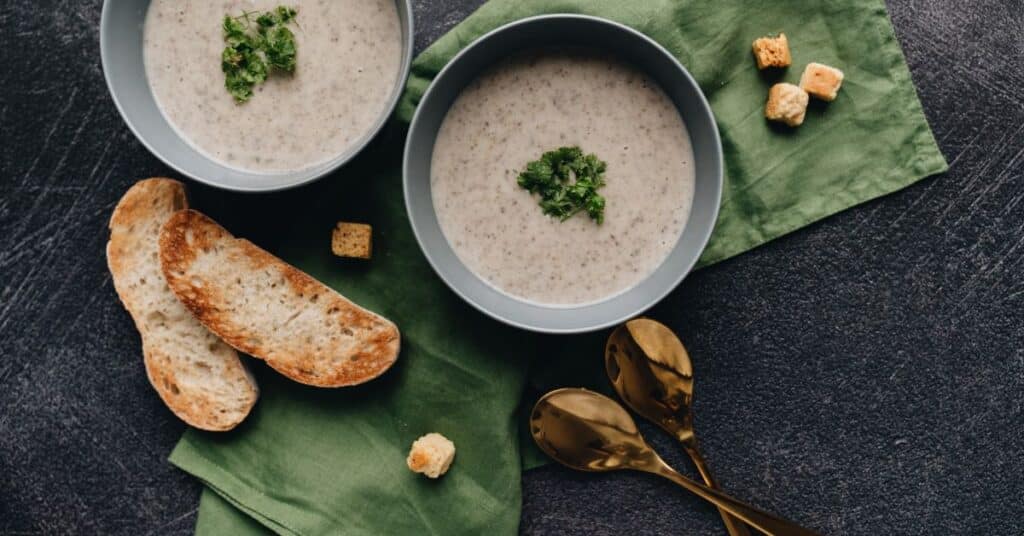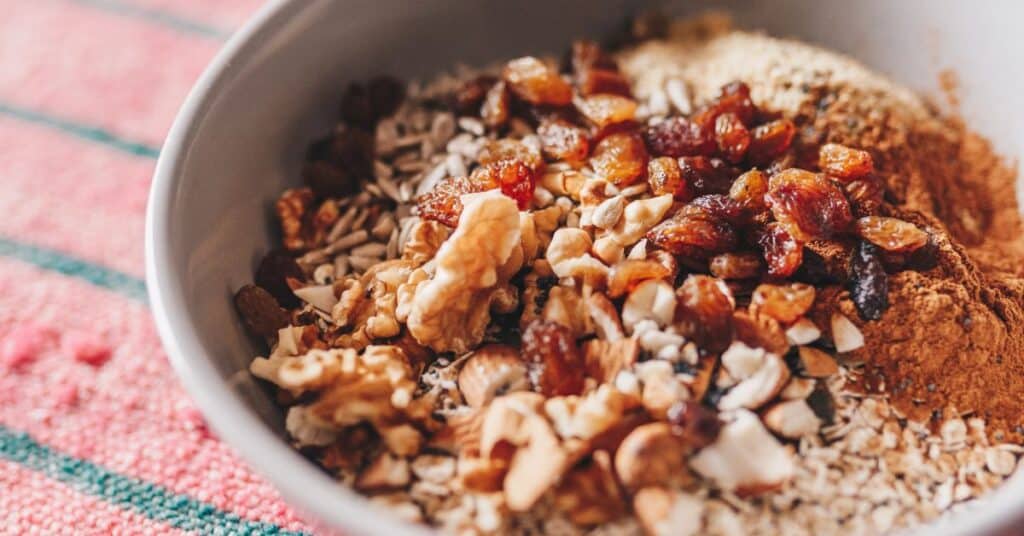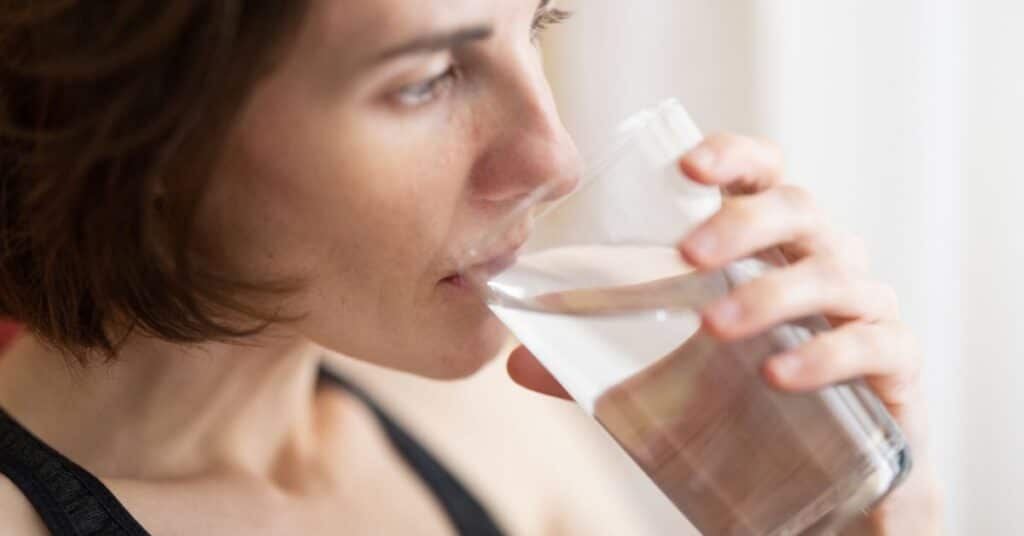Welcoming a new life into the world is a remarkable and transformative experience, but it also places unique demands on your body. As a postpartum mother, your nutritional needs are elevated to support both your own recovery and the nourishment of your newborn through breastfeeding. What you eat during this period plays a vital role in your physical and emotional well-being, as well as in your baby’s growth and development. In this short guide, we will explore postpartum nutrition – what to eat after giving birth and breastfeeding.
Before we get into my guidelines for postpartum nutrition, I highly recommend downloading my FREE postpartum nutrition guide. It includes an overview of my guidelines below, plus a complete shopping list and meal suggestions designed specifically for busy moms.
Eat for Nutrient Replenishment

Postpartum mothers have unique nutritional needs as they recover from pregnancy and childbirth. Eating whenever you crave food and have a moment of peace is crucial because it ensures you’re getting enough calories to support your body’s recovery and the demands of breastfeeding. To ensure you’re meeting your body’s needs:
- Aim for balanced meals that include carbohydrates for energy, protein for tissue repair, and healthy fats for hormone production.
- Include a variety of foods to obtain essential vitamins and minerals.
The Comfort of Soup

Soups are not only comforting but also highly nutritious for postpartum mothers. They provide a soothing and hydrating option, which is important for recovery. They are easy to digest, and you can pack them with nutrient-rich ingredients. What soups are best for postpartum nutrition?
- Prepare homemade soups with nutrient-dense vegetables, lean proteins (like chicken or tofu), and whole grains (such as quinoa or brown rice).
- Opt for broths and bases with lower sodium content to support overall health.
Prioritize Fiber for Digestive Health

Fiber is crucial for postpartum mothers to support healthy digestion, prevent constipation, and aid in nutrient absorption. How can you get more fiber into your postpartum diet?
- Incorporate cooked vegetables, nuts, seeds, fruits, and avocados into your meals and snacks.
- Remember to gradually increase fiber intake to prevent any digestive discomfort.
Stay Hydrated for Recovery

Proper hydration is vital for postpartum recovery and for milk production if you’re breastfeeding. To ensure you’re meeting hydration guidelines:
- Set up water stations in your home, car, and workplace to make it easy to drink throughout the day.
- Aim to drink at least 8-10 glasses (64-80 ounces) of water daily, adjusting based on your activity level and individual needs.
Essential Vitamins and Minerals

Taking a prenatal vitamin or focusing on specific nutrients is important for postpartum mothers to replenish nutrient stores and support overall health. If you’re unsure of what to eat after giving birth and breastfeeding:
- Consult with a healthcare professional to determine which supplements are best for you if you cannot tolerate a prenatal vitamin.
- If you can’t tolerate a prenatal: Most postpartum mothers do well by prioritizing omega-3 fatty acids for brain and heart health, iron for energy and blood health, choline for brain development, and vitamin D and B12 for overall wellness.
- You can buy a prenatal you trust from my online partner dispensary here.

In conclusion: what to eat after giving birth and breastfeeding?
By addressing these topics in your postpartum nutrition plan, you can support your body’s healing and provide essential nutrients for both your recovery and your baby’s development if you’re breastfeeding. Always consult with a healthcare provider or registered dietitian for personalized guidance based on your specific needs and circumstances. If you’re in need of a postpartum nutritionist, reach out to me here.

